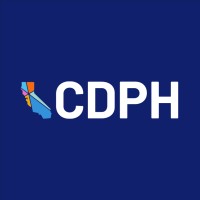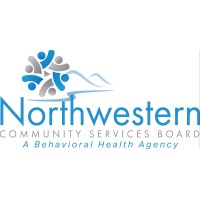
California Department of Public Health
At California Department of Public Health (CDPH), our mission is to advance the health and well-being of California's diverse people and communities. Through the leadership of Director Erica Pan, MD, MPH, we strive to be the best at getting better and becoming a learning, healing and impactful organization. CDPH includes centers, divisions and offices that administer more than 200 programs and services that range from infectious disease control and prevention to laboratory services, environmental health, food safety, emergency preparedness, health equity, vital records and statistics, and more. These programs and services, implemented in collaboration with local health departments and state, federal and community partners, impact the lives of every Californian and visitor to the state 24 hours a day, seven days a week. Learn more at http://www.cdph.ca.gov






